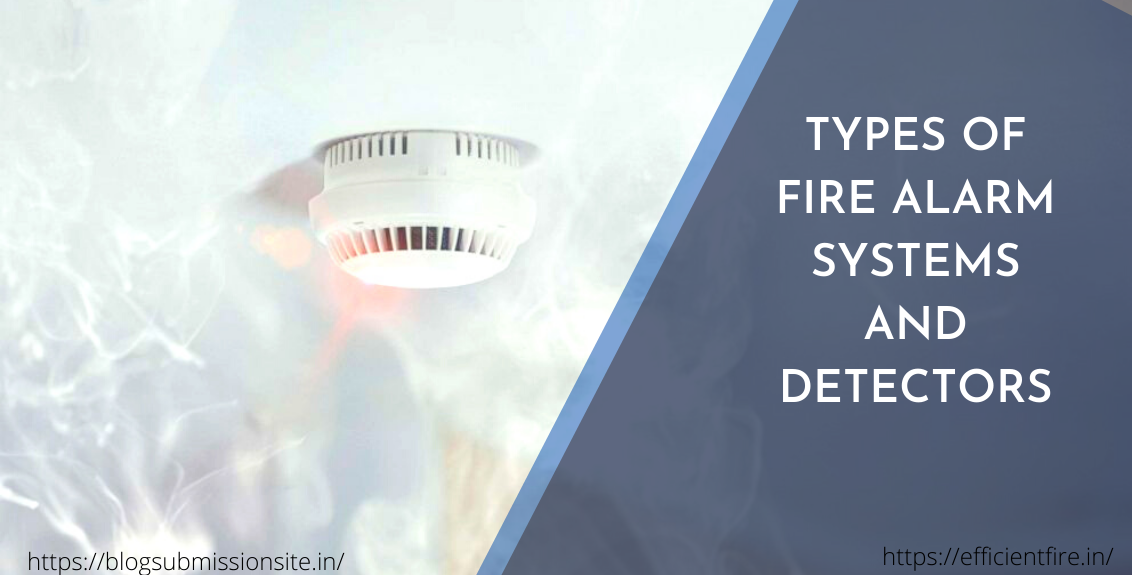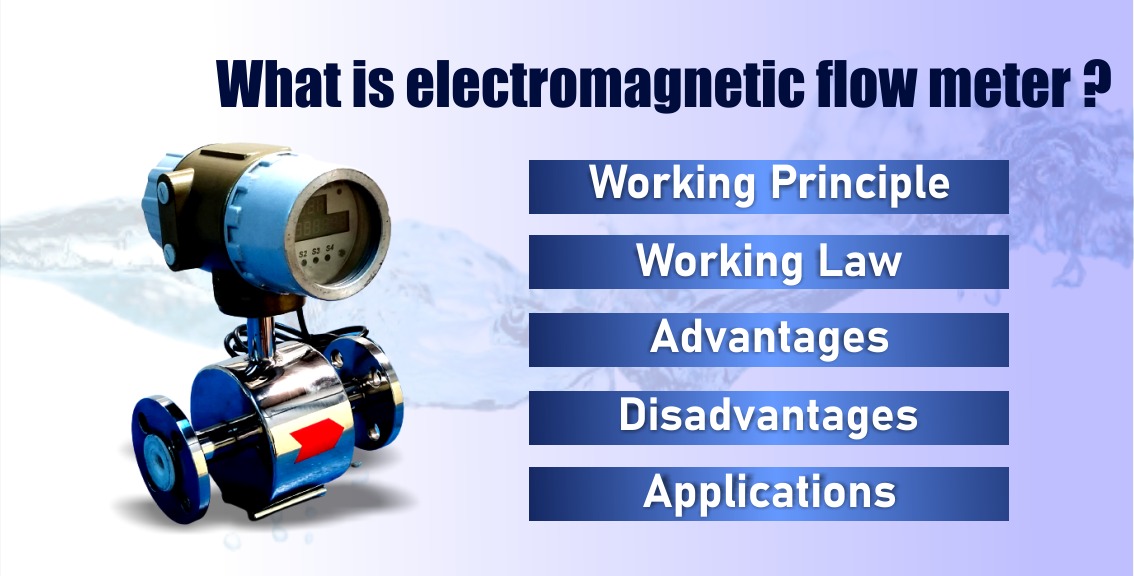Types Of Fire Alarm Systems And Detectors
A Fire Alarm System is intended to inform us of an emergency so that we can take action to defend ourselves, the team, and the overall society. Efficient Fire and Security Solutions Private Limited is the best fire alarm system supplier and manufacturer in India. Fire alarms are located in Offices, Factories, and public buildings, they are a part of our daily system but are normally neglected until there is an emergency at which point, they might just guard our lives. Whatever the method of discovery is, if the alarm is triggered, sounders will serve to warn people in the building that there may be a fire and to relocate. The fire alarm system may also include a remote signal system which could then alert the fire brigade via a middle station.
So what is a fire warning system, or fire discovery system? In this blog, we will have a look at the types of “Fire Alarm Systems”.
Different Types of Fire Alarm Detectors
At the core of a fire alarm system are the detection systems, from advanced smart smoke detectors to single manually directed break glass units, there are a broad array of different types, but we can break them into groups including:
- Heat detectors
- Smoke detectors
- Carbon Monoxide detectors
- Multi-sensor detectors
- Manual Call Points
Different Types of Fire Alarm Systems
Fire Alarm Systems can be split down into four main types:
- Conventional
- Addressable
- Intelligent
- Wireless
Let’s spend some time considering each.
1. Conventional Fire Alarm Systems
In a Conventional Fire Alarm System, physical cabling is applied to interconnect several call points and detectors, the signals from which are wired back to the main control unit.
Call points and detectors are provided in “Zones” to simplify finding the cause of the alarm, this is necessary for both the fire brigade and general building management. Each zone is shown at the Fire Alarm Control Panel either with an indicator lamp, a text representation, or in some cases both. It makes sense that the longer we can divide a building into zones, the more precise locating the alarm trigger will be.
2. Addressable Fire Alarm Systems
The detection principle of an Addressable Policy is the same as a Conventional System without that each indicator is given a set Address (usually using a dip-switch) and the Control Panel can then determine exactly which detector or call point has received the alarm. It is common for the loop to be fitted with Loop Isolation Modules so that the loop is sectioned to guarantee that a short course or single fault will only make the loss of a small part of the system; leaving the rest of the system to function normally.
3. Intelligent Fire Alarm Systems
But, in our next type of System, which is an Intelligent Fire Alarm system, each director finally incorporates its system which evaluates the environment about it and relates to the Control Panel whether there is a fire, failing or the detector head requires polishing. Their primary mission is to further prevent the appearance of false alarms.
4. Wireless Fire Alarm Systems
The final type of system we will examine is the Wireless Fire Alarm System. These are an effective alternative to conventional wired fire alarm systems for all purposes. Others utilize strong, license-free radio communications to interconnect the sensors and associate with the controllers. It is a simple concept, which gives many unique benefits and is a fully intelligent fire detection system without the requirement for cabling.
In this article, we have learned that Fire Alarm systems are fitted in many buildings we encounter every day and that they are used to warn people within the framework of an emergency fire-related situation.
Benefits of a Fire Alarm System
Fire alarms have many advantages. In the event of a fire, they present detection and notification without you having to do anything. Whether you are at home or not. They can also automatically transmit the fire department to your location. The greatest benefits also include:
Avoid Smoke Inhalation: Smoke inhalation is the advanced cause of death related to fires2; more so than heat or flames. A mix of particles, chemicals, and gases, smoke causes everything from skin and mucous membrane irritation to swelling, respiratory distress, and airway collapse.
Early Fire Detection: An audible or visual signal permits you to seek protection soon after the fire starts. Once fire and/or smoke conditions trigger the method, you can use an open fire extinguisher to protect your home and belongings or rush your family to safety.
Discounts on Insurance: When you install fire alarms, you can save money on home They help cut costs for insurance businesses by reducing the risk of a fire damaging your home, devices, and possessions. Installing a fire alarm system gives you are taking responsibility and are prepared for unexpected situations.
Decreased Risk of Fire Damage: Property damage can expect large investments and a great deal of time to repair. You can also avoid damage to nearby properties when you install a private fire alarm. This level of prevention is possible because a fire alarm method can enable firefighters to respond and put out the fire before it gets out of control.
Other Advantages:
A home fire alarm method is affordable and simple to install. When a fire alarm is activated, it increases your security and safety through a dangerous event. Additional advantages to consider include:
Placement Flexibility: A fire alarm can be installed in just about any place you want. Its effectiveness is maximized when the indicator is situated near the kitchen or other areas with fire dangers. Closeness to rooms and family rooms is essential, as it’s easiest to hear the alarm when it signals danger.
24/7 Monitoring: Fire alarms give constant protection, whether you’re at home, asleep for the night, or away in which case you can take remote These advantages to exemplify the many advantages of a fire alarm system. Also, many methods include 24/7 monitoring services for constant security no matter where you are.
Easy & Affordable: Once installed, fire and smoke detectors are simple to use. They automatically sense hazardous situations without you doing anything. It’s not expensive to have a professional installer set them in; plus, even if insurance can replace failed or damaged belongings, you can’t replace individual items such as gifts from loved ones or photo albums.




